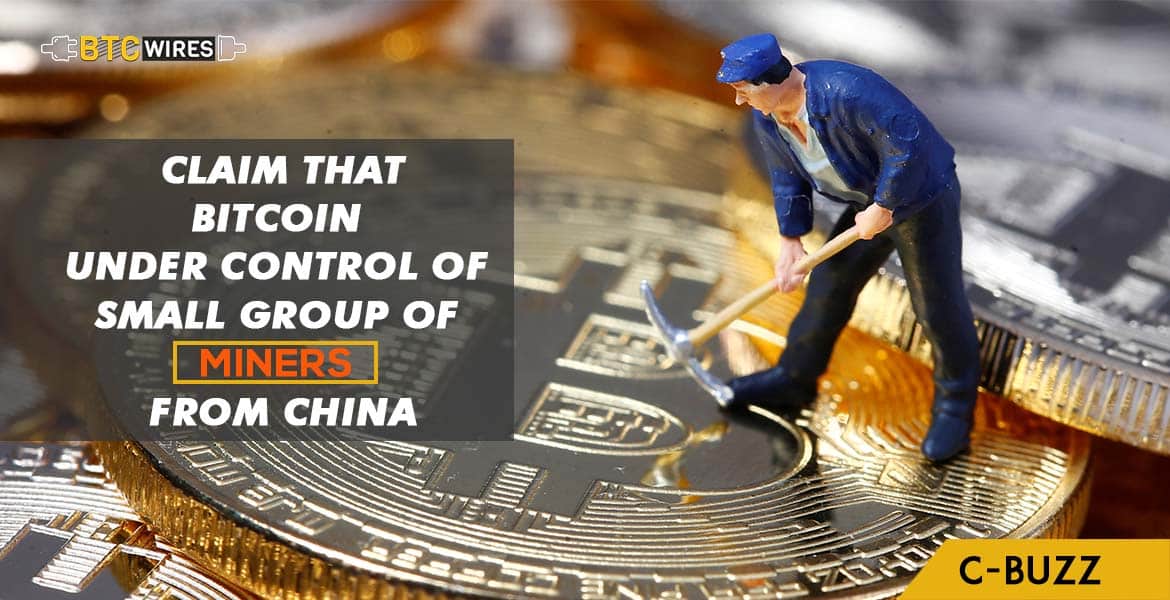Brad Garlinghouse, CEO of Ripple, at the 2018 Stifel Cross

Brad Garlinghouse, CEO of Ripple, at the 2018 Stifel Cross Sector Insight Conference in Boston, stated that “Bitcoin is really controlled by China.” In an interview with Lee Simpson, Stifel Tech Analyst, Garlinghouse shed light on a lot of myriad topics ranging from cryptocurrencies and blockchain technology and claimed that Bitcoin is controlled by China.
He said, “I’ll tell you another story that is underreported, but worth paying attention to. Bitcoin is really controlled by China. There are four miners in China that control over 50% of Bitcoin. How do we know that China won’t intervene? How many countries want to use a Chinese-controlled currency? It’s just not going to happen.”
He also suggested that XRP’s and BTC’s blockchain “will not disrupt banks”. However, he also said that “it will play an important role in the way our system works,” however “it’s a short-sighted view.”
Highlighting a difference between Bitcoin and Ripple’s XRP, he said that while Bitcoin takes 45 minutes for a transaction, XRP takes 4 seconds.
With a report released a few months ago, BitMex suggested that there is a centralized structure to the currency of Ripple. While conducting an internal test on Ripple’s technology, a copy of Rippled was tested, during which a node operated by downloading 5 public keys from the server. All of these were assigned to Ripple.com and four of those needed to support a proposal so as to be accepted. According to the report, “Since the keys were all downloaded from the Ripple.com server, Ripple is essentially in complete control of moving the ledger forward, so one could say that the system is centralized.”
According to a new study conducted by the University of Texas, half of the BTC price surge that took place in December 2017 was mainly because of Tether and issuer Bitfinex. A transaction pattern is also described in the report which shows that Tether was “used to provide price support and manipulate cryptocurrency prices.” It is stated that purchases with Tether were “timed following market downturns and result in sizable increases in Bitcoin prices.”
